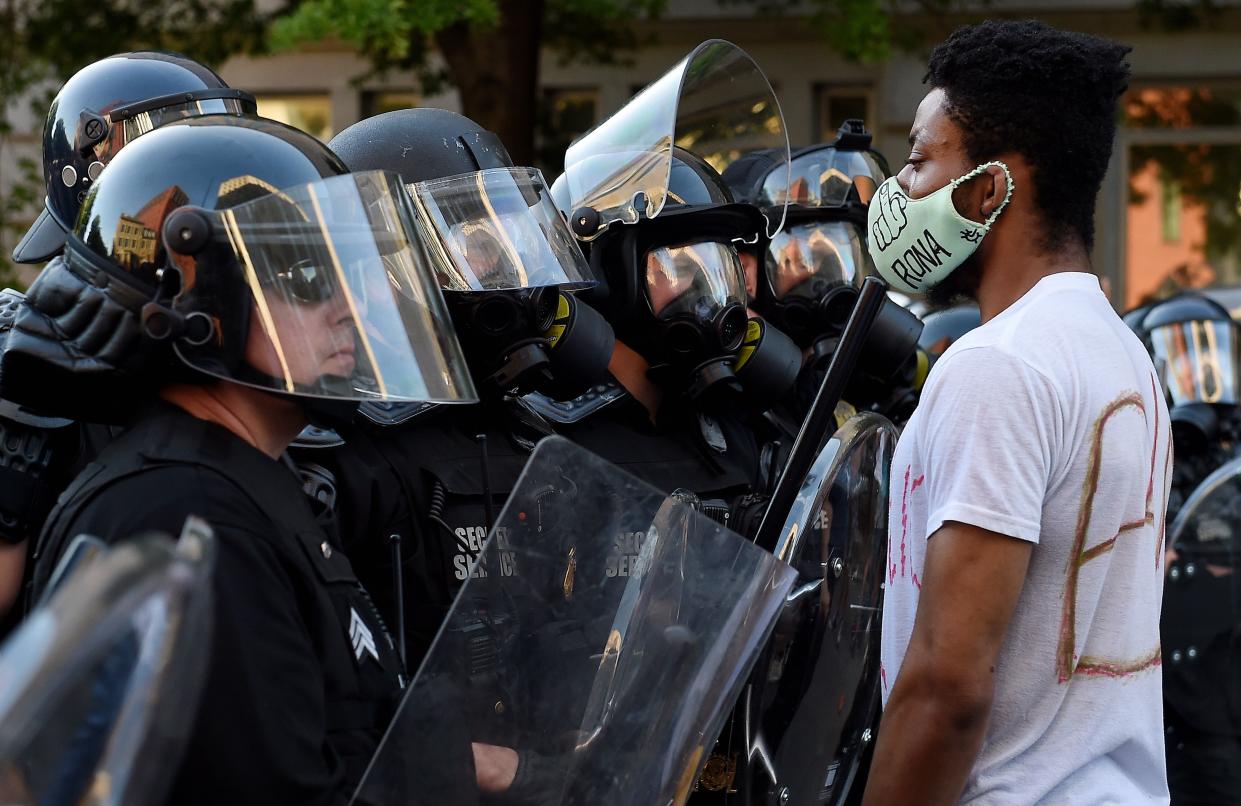States Have Put 54 New Restrictions On Peaceful Protests Since Ferguson

The historic wave of protests sparked by the death of George Floyd has spurred a new debate over the legitimacy of political violence as some demonstrators have turned to vandalism, looting and setting fires in defiance of police brutality and racism.
But as last Friday’s demonstrations kicked off in Minneapolis ― where Floyd, a Black man, was killed by police officers ― Louisiana lawmakers some 2,500 miles south voted overwhelmingly to pass harsh new legislation cracking down on peaceful protests. The bill set a three-year mandatory minimum prison sentence with hard labor for protesters convicted of trespassing on fossil fuel and other infrastructure sites during a state of emergency like the one declared amid the coronavirus pandemic.
The legislation had actually been months in the making, and it’s hardly a one-off. Since 2015 ― in the wake of protests set off by the police killing of Michael Brown in Ferguson, Missouri ― states have introduced at least 154 bills or executive orders to restrict peaceful protest, according to a HuffPost analysis of the International Center for Not-For-Profit Law’s tally, a new report from PEN America, and interviews with free speech experts. So far, 54 have become law. More than two dozen ― including the Louisiana measure, which is awaiting the governor’s signature ― are pending.
These new restrictions on peaceful protest are not directly linked to an uptick in less-peaceful tactics over the past week. In fact, many of the current protesters have condemned actions like brick-throwing and looting, blaming the worst offenses on agitators who don’t share their anti-racist goals.
But a number of the largest U.S. cities where nightly protests are taking place have put curfews in place, including New York City, Washington, D.C., and Minneapolis. Researchers warn that the proliferation of new restrictions could push future protesters to embrace more combative tactics as the legal risks of peaceful gatherings...



